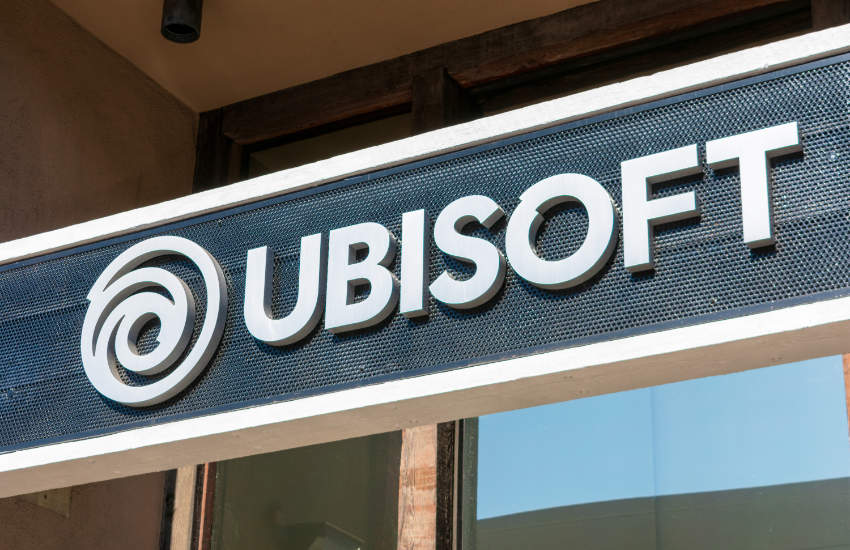
Today the HBAR Foundation announced that games publisher Ubisoft is joining the Hedera Governing Council for the public DLT. Ubisoft has run an Entrepreneurs Lab that has supported blockchain for years, and now there will be a dedicated track for developers building on the Hedera public DLT.
The games company is also a corporate baker for the Tezos blockchain. Ubisoft has been experimenting with blockchain for some time, and in December, it launched its first NFTs within a mainstream game, Ghost Recon: Breakpoint. Despite going out of its way to design the offering to discourage speculators, the gaming community’s response to its Quartz and Digits initiative has been overwhelmingly negative.
Some other games platforms have got cold feet and abandoned initiatives. But with this announcement, Ubisoft is making clear that it will still move forward.
“At Ubisoft, we believe that the distributed ledger technology holds a key to the future of gaming by opening new opportunities for players to become true stakeholders of our games,” said Didier Genevois, Blockchain Technical Director at the Ubisoft Strategic Innovation Lab.
“The Hedera network offers a promising take on this technology, notably through its scalability, energy efficiency and innovative consensus mechanism.”
Previously the company has partnered with French sports collectible and fantasy game Sorare, including launching an NFT fantasy game for Belgian football. It’s also an investor in one of the major players in the blockchain gaming scene, Animoca Brands.
Despite backlash, Ubisoft stands its ground
In a recent interview with Finder, Genevois and colleague Nicolas Pouard shared their views on the backlash following the launch of its NFT initiative.
Ubisoft expected a negative response. Nonetheless, they plan to release NFT features piece by piece so that players can gradually understand what they’re offering. The NFTs were designed to appeal to existing game users, not attract speculators to pump and dump the NFTs. That worked, and most people who bought the NFTs were long-time players.
“The end game is about giving players the opportunity to resell their items once they’re finished with them or they’re finished playing the game itself,” said Pouard.
There are two main blockchain avenues for gaming: NFTs and play-to-earn, where the gameplay is designed to reward game players financially with tokens. So far, they’ve done NFTs. Ubisoft envisages a different approach for play-to-earn.
“It does not make sense to use an existing game with an existing economy and try to move it over to a play-to-earn economy,” said Pouard. “It truly needs to be built from scratch because it’s a very different way to think about the game economy and the monetisation.”
This news is republished from another source. You can check the original article here.

Be the first to comment